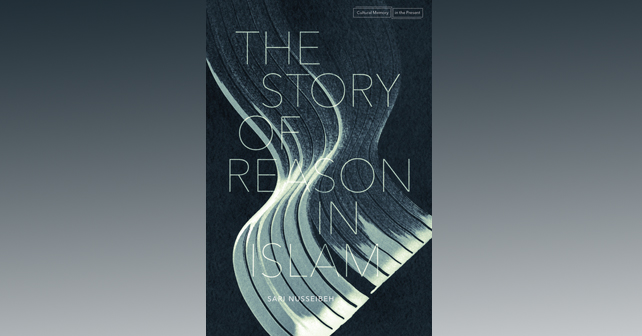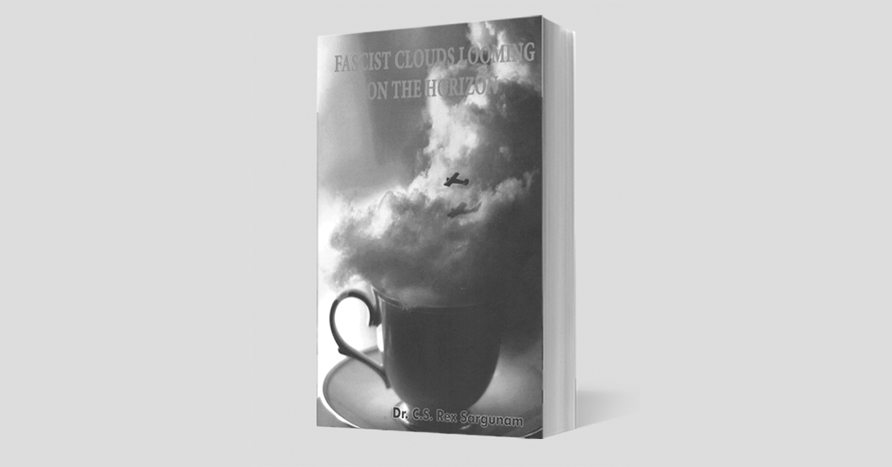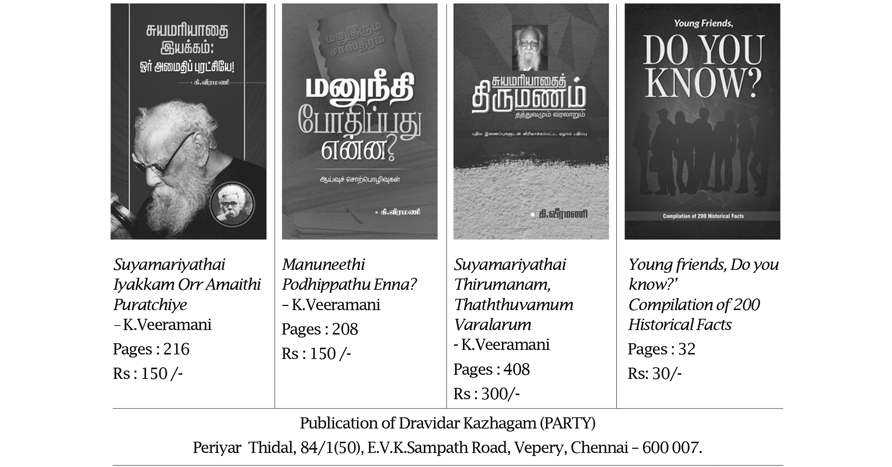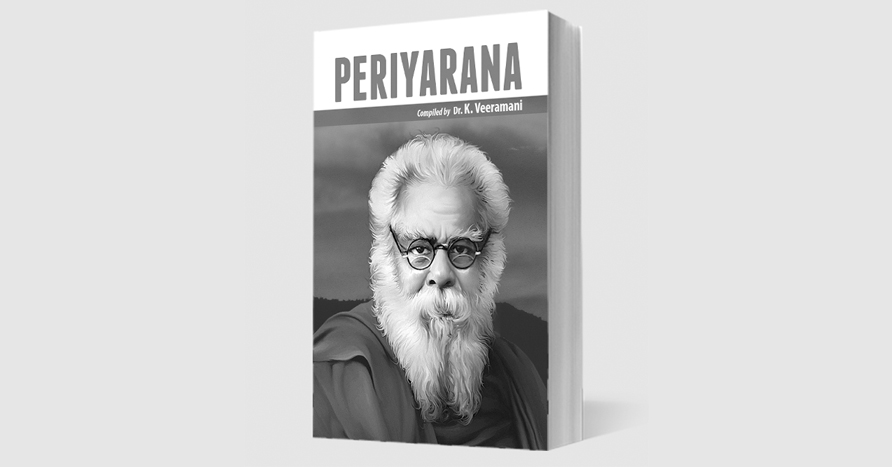Noah kennedy
The story of Reason in Islam
by sari Nusseibeh
Stanford university press 2016
As a Westerner for whom the intellectual history of Islam is something of a mystery, reading Sari Nusseibeh’s timely and sweeping new book was like swimming on the surface of an unfamiliar ocean. This delightful survey is packed with intriguing details of what the giants of Islamic thought struggled with and argued about, but ultimately is most effective in conveying the vast scope and depth of Islamic scholarship to a general-interest reader.
Nusseibeh is a Palestinian writer, educator, and intellectual of unique standing. A native of Jerusalem who still makes his home there, he grew up within snipers’ range of the barbed wire no man’s land that divided the city between 1949 and 1967. A scion of one Jerusalem’s notable Arab families—a Nusseibeh has for many centuries been charged with opening the Christian Church of the Holy Sepulcher each morning and locking it each night—Nusseibeh received his PhD in Islamic philosophy from Harvard in 1978. Since then, as an educator and writer, he has balanced his academic interest in the history of Islamic thought with a broader interest in the moral and political aspects of the Israeli-Palestinian divide.
The core of the book outlines the intellectual challenges faced by key Islamic thinkers—in philosophy, jurisprudence, and science—who lived during the formative centuries of Islam, involving a span of about six centuries from the aftermath of Muhammad’s death in the seventh century to the end of the “Golden Age” of Islamic thought that was punctuated with Mongol’s destruction of Baghdad. The book prefaces this critical period with an engaging backgrounder into pre-Islamic influences that contributed to the character of Muhammad’s prophecy and the Arab culture that received it, ranging from the prestigious place of poetry and oral literature to the austere landscape of Arabia, its vast nighttime sky, and the longstanding curiosity among its residents about the character of the heavens.
In the author’s telling, it was the appearance of the Koran that first triggered an intense interest in reason among Muslim scholars, an interest that only intensified as the worldly Muslim realm became more powerful and began to cultivate its own traditions alongside an awareness of the thinking of Nestorian Christians and the classical thinkers of Greece and the Hellenic world. Given this admixture of intellectual traditions expressed in different languages, he takes time to pull apart how the vagaries of language affected the Islamic approach to reason. A memorable example is the difficulty that arose when scholars in Baghdad first translated the classical deductive reasoning of Aristotle into Arabic. One might assume that a simple Aristotelian deduction like “All men are animals, I am a man, therefore I am an animal” could be effortlessly expressed in any language, but in classical Arabic there was no verb representing “to be.” This simple linguistic difference made Aristotelian statements sound odd to Arabic listeners. To bridge this linguistic gap, scholars in Baghdad fashioned a revised academic version of Arabic that for some time sounded weird and foreign to native speakers and made fans of Aristotle easy to mock. Eventually the modifications to Arabic became more widely accepted, making deductive statements sound more natural in Arabic, but that innovation wasn’t enough to install deductive reasoning into the Islamic intellectual canon. Over time Islamic scholars developed sophisticated critiques of Aristotle showing that the apparent certainty of deductive reasoning was largely illusory.
Nusseibeh’s rendering of the earnestness and depth of thinking among Islamic scholars down the ages is one of the book’s distinctive charms. But even allowing for the religious norms of long ago, it was remarkable how little room there was in this vast intellectual undertaking to question the fundamental axioms Muslims held about God and the truth of Muhammad’s message. That didn’t happen, just as it didn’t happen in rabbinical or Christian scholarship of the same period. Instead, the tools of reason were used only to confirm cosmic truths that were already known and to provide guidance on religious issues that were in dispute. The Muslims, just as Christians, struggled in their own way with the enigma of predestination and free will, and with how to square the rights of worldly rulers with the obligations of their subjects. In addressing these topics, Nusseibeh highlights how, in some times and places, scholars’ reasoned inquiry slipped easily into an exercise of rationalizing what was important to the ruling elite.
The Story of Reason in Islam ends dramatically on the topic of where it all went wrong. How, after such a breathtaking journey, did the ship of Islamic reason end up on the rocks of modernity rather than sailing on to new horizons? Nusseibeh answers the question in an especially intriguing way, focusing on a point of departure between Western and Islamic intellectual traditions dating back to the 16th century. It was then that the Caliphate in the East fell to the Ottomans and a century later that the writings of Rene Descartes were laying the foundations for the Western Enlightenment.
Sari Nusseibeh’s The Story of Reason in Islam is a gift to the broad-minded Western reader. It comes from a man of rare moral and intellectual standing who has risked much in his life to intellectual honesty and thorough fair-mindedness. It doesn’t provide quick or easy answers about modern Islam, but it does convey the depth and complexity of traditions that Western pundits too frequently seem comfortable boiling down to 140 characters. Professor Nusseibeh’s book is its own best argument for judging others cautiously and assuming their best intentions.
Source : the Humanist, Jan – Feb 2017







